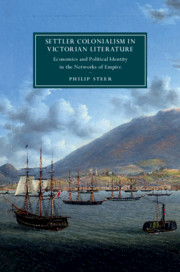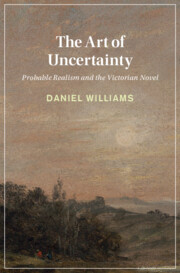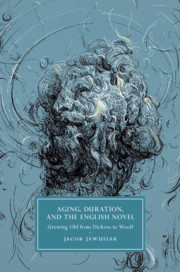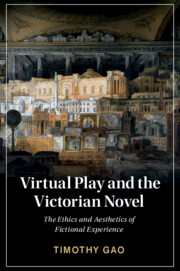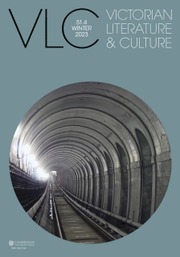Settler Colonialism in Victorian Literature
How did the emigration of nineteenth-century Britons to colonies of settlement shape Victorian literature? Philip Steer uncovers productive networks of writers and texts spanning Britain, Australia, and New Zealand to argue that the novel and political economy found common colonial ground over questions of British identity. Each chapter highlights the conceptual challenges to the nature of 'Britishness' posed by colonial events, from the gold rushes to invasion scares, and traces the literary aftershocks in familiar genres such as the bildungsroman and the utopia. Alongside lesser-known colonial writers such as Catherine Spence and Julius Vogel, British novelists from Dickens to Trollope are also put in a new light by this fresh approach that places Victorian studies in a colonial perspective. Bringing together literary formalism and British World history, Settler Colonialism in Victorian Literature describes how what it meant to be 'British' was re-imagined in an increasingly globalized world.
- Provides fresh insight into familiar novels of the Victorian canon, and coverage of lesser-known colonial texts
- An illuminating interdisciplinary approach draws on both literary and economic texts - in depth coverage of finance, economics and history lacking in other studies of the period's novels
- Presents an expansive transnational approach with texts from Britain, Australia and New Zealand, enabling students to gain an overarching understanding of the period's literature
Reviews & endorsements
‘This book consistently inspires deep thinking, offering new perspectives on materials our field would benefit from knowing better. The methodological innovations are an especially significant contribution that I trust will provoke future work.’ Jason Rudy, Victorian Studies
‘... Steer demonstrates in this book a tough-minded, materialist analysis of form that draws its evidence from works of political economy as well as literature. The result is a deeply compelling argument that charts the 'reverse migration' (187) of economic and cultural forms from the settler colonies to metropolitan markets, both financial and literary ... Perhaps most compelling in larger conceptual terms, however, are his ruptures of the settled borders that govern many assumptions about our objects of study: borders of identity and character, of nation and empire, and especially of form and literature.’ Lynn Voskuil, Nineteenth-Century Contexts
‘One of the real pleasures of Settler Colonialism in Victorian Literature is its attentiveness to landscape and the complicated aesthetic relationship that many migrants experienced with their new environments … Folding historians, artists and political economists into his incisive discussion to create a vivid sense of the cultural landscape and how it inflected the generic properties of both colonial literature and the English novel ... Steer adeptly weaves sociological, literary and economic theory throughout his analysis, tracking the entanglement of intellectual, literary and commodity culture to offer a rich and nuanced account of circulating influence, via a “network of mobile writers”. Importantly, he reminds his readers in his sensitive and self-reflexive conclusion that the issues he raises cannot simply be consigned to the field of Victorian studies. Rather, they leave legacies which continue to shape life in Australia and New Zealand today, and with which we must all engage. This is a superbly intelligent and wonderfully researched book, showcasing the intricacy of colonial connectedness.’ Grace Moore, Journal of New Zealand Studies
'Steer’s book is deeply researched and densely argued, but very readable.' Dominic Rainsford, Dickens Quarterly
Product details
February 2020Hardback
9781108484428
246 pages
235 × 159 × 17 mm
0.52kg
Available
Table of Contents
- Introduction: settler colonialism and metropolitan culture
- 1. The transportable pip: liberal character, territory, and the settled subject
- 2. Gold and greater Britain: the Australian gold rushes, unsettled desire, and the Global British subject
- 3. Speculative utopianism: colonial progress, debt, and Greater Britain
- 4. Manning the imperial outpost: the invasion novel, geopolitics, and the borders of Britishness
- Conclusion.

